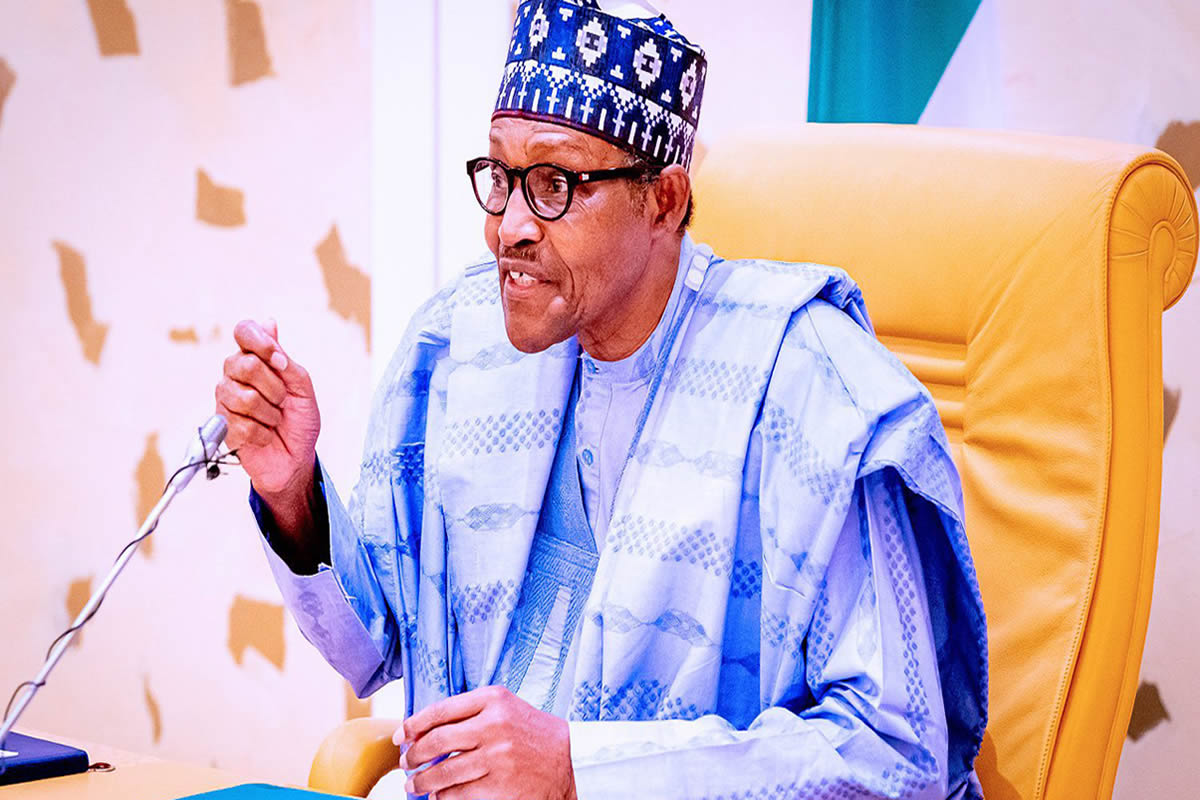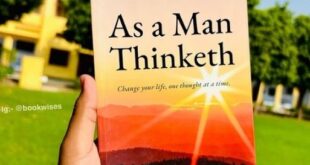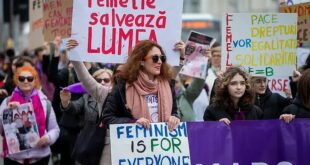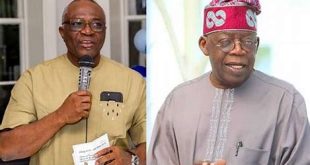By Tony Eluemunor
How many Nigerians really know their president; Gen. Mohammadu Buhari? Who knows his office hours? What does he do during the long flights of his frequent trips to other lands? What kind of books does he read? Does he, like former President Olusegun Obasanjo, be fully at work, poring through files even while ensconced in the presidential jet, moving from one far-flung corner of the globe to another? What is President Buhari’s favourite food? Who are his trusted lieutenants? How diverse are their backgrounds?
Does he have friends from all parts of the country, or is he an introversive man of few friends… only those he grew up with? Would this not also make him appear a provincial man, instead of a metropolitan? Yet, would such not be a self-disservice to a man whom soldering has taken to all parts of Nigeria, and professional courses have taken to diverse portions of the globe? Why would Buhari’s most remarkable unifying statement have caused a terrible din across the country? His inaugural speech contained a famous quip:“I belong to all and I belong to nobody” That golden statement should have united the nation behind any president, but that magic did not work for Buhari.
Many refused to believe that even the man, Buhari, believed in the words that he let drop from his own lips. That was a serious charge to make against a man who had just won a nation-wide election. Trust is the issue here! Yet, that a large number of the populace believed that Buhari was beholden to a section of the country, is not the focus of this article. My focus is not even on the man himself and his sense of nationalism or the lack of it. My focus is on what Nigeria means to Buhari; specifically, does Buhari believe he is chief servant of Nigerians or he thinks he OWNS Nigeria? Is he the “Prime Minister (servant),” or the Prime Boss? When he speaks, does he address his bosses, or does he talk down on his servants? Does he sometimes think that he is doing us a favour by being our president? Or does he think that he, acting on God’s behalf, has come to save us, and is taking Nigeria to a better level, not just another level?
Does Nigeria’s contemporary history hold any lessons for Buhari? Has the national decline on every index of development meant anything to him? What about the massive daily loss of innocent lives due to herders’ activities? Does the plummeting quality of life in Nigeria, about the lowest in the world now, ever bother him? And does he worry that just within the six years of his presidency, (we are in a democracy I assume) that he has not improved the quality of life of Nigerians in any way?
What really did Buhari come into power to do? Did he promise to end insecurity in the country? Is Nigeria safer under Buhari than under his predecessor? What about the economy and food security? Despite Buhari’s stringent, even draconian, measures while pursuing Nigeria’s self-sufficiency in rice production, how successful is that scheme? In the latest food security index, after Buhari’s six years of governance, Morocco, a desert country, occupies the 57th position globally and leads in Africa. Algeria follows, then Tunisia and Egypt—all desert countries. South Africa is in 69th.
Buhari’s Nigeria occupies the 100th position behind 74th position Botswan, 77th Ghana, 79th Mali, 82nd Côte d’Ivoire, 86th Kenya, 87th Niger, 88th Burkina Faso, 89th Tanzania, 90th Senegal, 92nd Benin, 93rd Togo, 94th Cameroon, 95th Uganda, 97th Angola, 98th, Congo (Dem. Rep.) 99th Mozambique. Now, a reason for Nigeria’s food security crisis is Fulani herders’ attack on farmers, especially in the Middle belt and the entire South. The second reason is Boko Haram’s terrorism in the North-East. The third reason is the banditry in the North-West. Buhari has spoken against the second and the third, I really do not know if he has spoken against the FIRST, apart from the “pastoralists versus farmers’ crisis”—Aso-Rock’s euphemism for terrorism. Then recently, the southern governors met at Asaba, and the Peoples Democratic Party and All Progressives Party members endorsed the enforcement of the ban on free grazing of cattle in their states.
That was when Buhari chose to speak. And this President who had promised to belong to all and to none, showed his true colours. He opposed the ban but didn’t say how he would end the evils of the herders which rankled the Governors. Kai! It did not matter to Buhari that some states have passed the ban into law. It did not matter to him that he is not the Supreme Court. He did not say he would go to the Supreme Court to challenge such laws. He simply made a declaration. What would be the effect of his declaration on the killer herders? Did he think of it? Or did he actually make it just to embolden them? What did Buhari add to that speech to guide against sending the wrong signals to the herders? Does Buhari know that Nigeria has a constitution? What really is involved in his pet dream; the Cattle colony, cattle reserves and cattle routes—in a modern Nigeria?
Is a president under the laws of the country or is the country under the whims of a president? In 2015, Nigeria which Buhari and APC came to save was 12th in Africa food security index. Today, it has regressed to 23rd. So, why should Buhari and APC talk down on us instead of being apologetic? Why? Could Dr Henry Kissinger be right after all; that leaders rarely learn any lessons while in office and only consume the intellectual capital they brought with them into office? If, so, how rich is the intellectual capital Buhari brought to office…such that he even won a re-election? Or, is the electorate actually to blame?
 Gistfox Your News Window To The World.
Gistfox Your News Window To The World.





